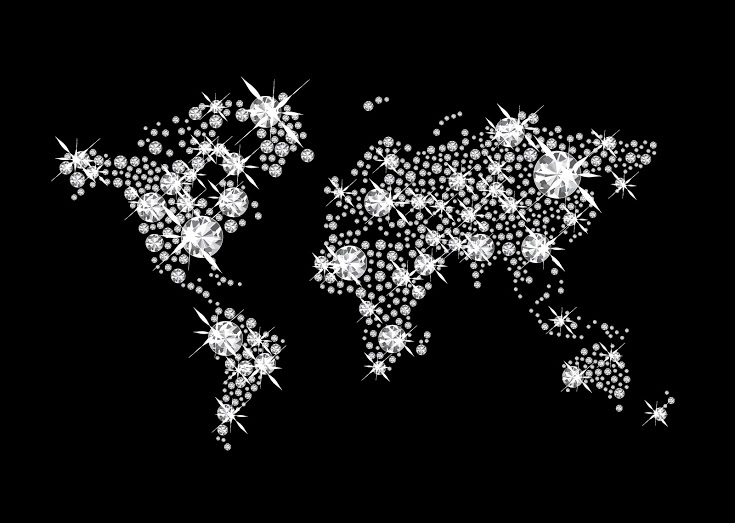Should You Investigate Where Your Diamonds Are From Before Buying?
As we become more socially and ethically conscious, this begins to affect our buying decisions as well.
We think about recycling our plastic water bottles instead of just throwing them away. We take reusable shopping bags to the markets. Maybe we even search for a more environmentally friendly auto or take public transportation more often.
It’s only natural that we think about where our jewellery is sourced.

What is going on?
Diamonds can be a source of serious conflict in the world. Nearly half of the world’s diamonds come from Africa, where the majority of this conflict takes place. No one wants to imagine that their pretty solitaire is responsible for the upheaval of whole families, right? Popular culture has helped us understand the problems behind “conflict diamonds,” and many safeguards are already in place to ensure that the jewellery you buy is conflict free.
What is the Kimberley Certification Scheme?
The Kimberley Process Certification Scheme, for instance, tries to ensure that diamonds are only taken from conflict-free settings. Originating in South Africa, this process tries to trace and verify the origin of every diamond sold to ensure that the proceeds are not funding violence. Over 80 countries have signed on to this agreement, and many diamonds can come with certification that they are conflict-free. Because this process is self-regulating, though, your jeweller cannot always guarantee that the diamond is not a “blood diamond.” But it is easy to ask a jeweller if the diamond you are buying is conflict free and whether you might have a certificate verifying this is the case.
As consumers choose to ask these questions, the industry will continue to respond positively.



